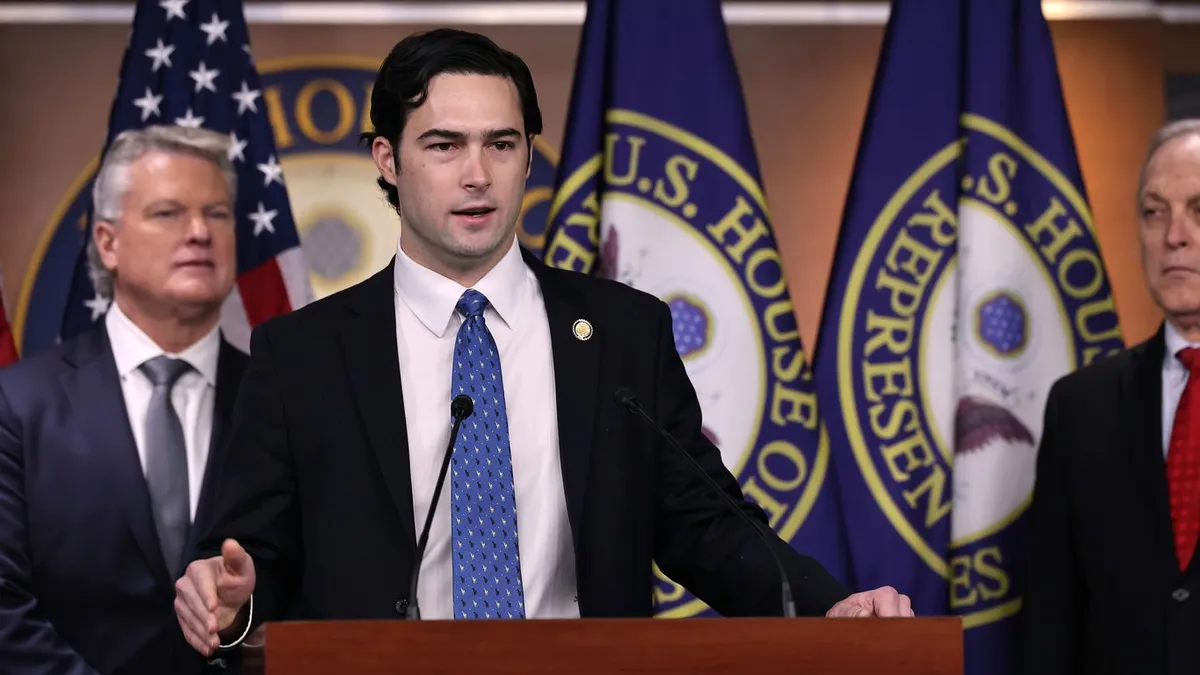
In a significant political development, the House GOP has initiated proceedings to impeach a judge who has been prominently targeted by former President Donald Trump. This action reflects ongoing tensions between the Republican Party and the judiciary, particularly concerning rulings that have not favored Trump's legal strategies. The urgency of this effort underscores a broader strategy within the GOP to challenge judicial decisions that they perceive as politically motivated.
Chief Justice John Roberts has publicly rebuked the notion of impeaching judges based on their rulings, labeling such actions as improper. This statement comes in light of increasing rhetoric from Trump and his allies, who have criticized judges involved in cases against him. Roberts' comments serve as a reminder of the judiciary's role in maintaining checks and balances, emphasizing that judges should be insulated from political pressures.
In a targeted move, impeachment articles have been filed against the judge who ordered former President Trump to cease deportation flights linked to the Tren de Aragua gang. This decision has been met with fierce backlash from GOP members, who argue that the judge overstepped his authority. The implications of this impeachment effort raise questions about the future of judicial independence and the potential politicization of the courts.
Chief Justice Roberts' rebuke of Trump not only highlights his apprehension about the ongoing attacks on the judiciary but also signals a critical moment for the U.S. legal system. As the political landscape continues to evolve, the judiciary remains a pivotal battleground where the principles of law and order are tested against political ambitions. Analysts suggest that the current situation could have lasting repercussions for the relationship between the legislative and judicial branches of government.
As these developments unfold, it is essential to monitor the implications for both the GOP and the judiciary. The balance of power within the U.S. government hinges on the ability of courts to function without undue influence, a principle that is being challenged in the current political climate.